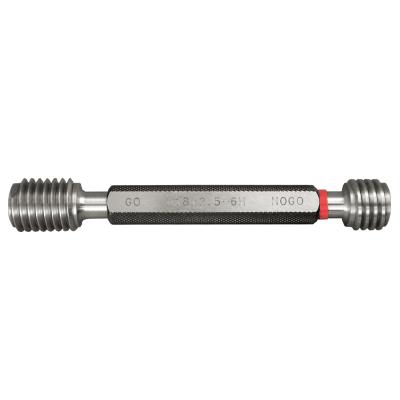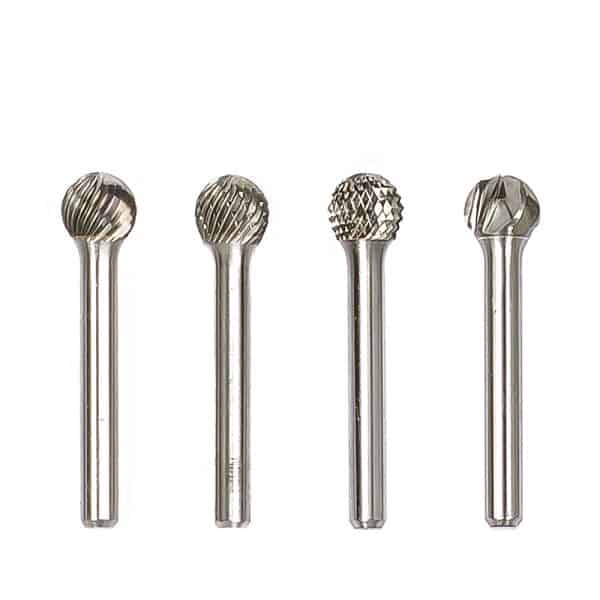thread mills Suppliers
Selecting the right thread mills suppliers is crucial for ensuring precision, efficiency, and quality in your threading operations. This guide provides a comprehensive overview of key factors to consider when choosing a supplier, including product quality, range of options, pricing, delivery, and customer support. Discover the top suppliers and gain valuable insights to make an informed decision that meets your specific needs.
Understanding Thread Mills and Their Applications
Thread mills are versatile cutting tools used to create internal and external threads in various materials. Unlike taps and dies, thread mills can produce different thread sizes and pitches with the same tool, offering greater flexibility and cost-effectiveness. They are particularly well-suited for machining hard materials, blind holes, and large diameter threads.
Common Applications of Thread Mills:
- Manufacturing threaded components for aerospace, automotive, and medical industries
- Creating threads in difficult-to-machine materials like stainless steel and titanium
- Producing internal threads in blind holes where taps might break
- Generating large diameter threads that are challenging to tap
Key Factors to Consider When Choosing Thread Mills Suppliers
Selecting the right supplier involves carefully evaluating several factors to ensure you receive high-quality tools and reliable service.
1. Product Quality and Precision
The quality of thread mills directly impacts the accuracy and efficiency of your threading operations. Look for suppliers that use high-grade materials and advanced manufacturing processes to ensure consistent performance and long tool life. Certificates of quality assurance like ISO 9001 from suppliers like Wayleading Tools are key indicators of their manufacturing process.
2. Range of Thread Mills Options
Different applications require different types of thread mills. Ensure the supplier offers a wide range of options, including:
- Solid carbide thread mills for general-purpose threading
- Indexable thread mills for large diameter threads and heavy-duty applications
- Multi-tooth thread mills for high-speed threading
- Specialty thread mills for specific thread forms (e.g., NPT, BSPT)
3. Pricing and Value
While price is important, focus on the overall value proposition. Consider the tool life, performance, and potential cost savings from reduced scrap and downtime. Compare prices from multiple suppliers, but don't compromise on quality for a slightly lower price.
4. Delivery and Lead Times
Timely delivery is crucial to avoid production delays. Inquire about the supplier's lead times and shipping options. Consider suppliers that offer fast shipping and reliable tracking.
5. Customer Support and Technical Expertise
Choose a supplier that provides excellent customer support and technical expertise. They should be able to answer your questions, help you select the right tools for your application, and provide troubleshooting assistance when needed.
Top Thread Mills Suppliers: A Comparison
Below is a comparison of several reputable thread mills suppliers. This is a general overview and specific product offerings may vary. Always check with the supplier directly for the most up-to-date information.
| Supplier | Key Features | Pros | Cons |
|---|---|---|---|
| Wayleading Tools (www.wayleading.com) | Wide range of solid carbide and indexable thread mills, custom solutions available. | High-quality tools, competitive pricing, excellent customer support. | May have longer lead times for custom orders. |
| Emuge-Franken | High-performance thread mills with advanced coatings. | Excellent tool life, precise threading. | Can be more expensive than other options. |
| Vargus | Comprehensive range of thread mills for various applications. | Wide selection, readily available. | Quality may vary depending on the specific product. |
Tips for Using Thread Mills Effectively
To maximize the performance and lifespan of your thread mills, follow these tips:
- Use the correct cutting parameters (speed, feed, depth of cut) for the material being machined.
- Apply coolant to reduce heat and improve chip evacuation.
- Ensure the workpiece is securely clamped to prevent vibration.
- Inspect the thread mill regularly for wear and damage.
- Store thread mills in a protective case to prevent damage.
Conclusion
Choosing the right thread mills suppliers is essential for achieving accurate, efficient, and cost-effective threading operations. By considering the factors discussed in this guide and comparing different suppliers, you can make an informed decision that meets your specific needs. Remember to prioritize quality, range of options, pricing, delivery, and customer support to ensure a successful partnership.
Related products
Related products
Best selling products
Best selling products-
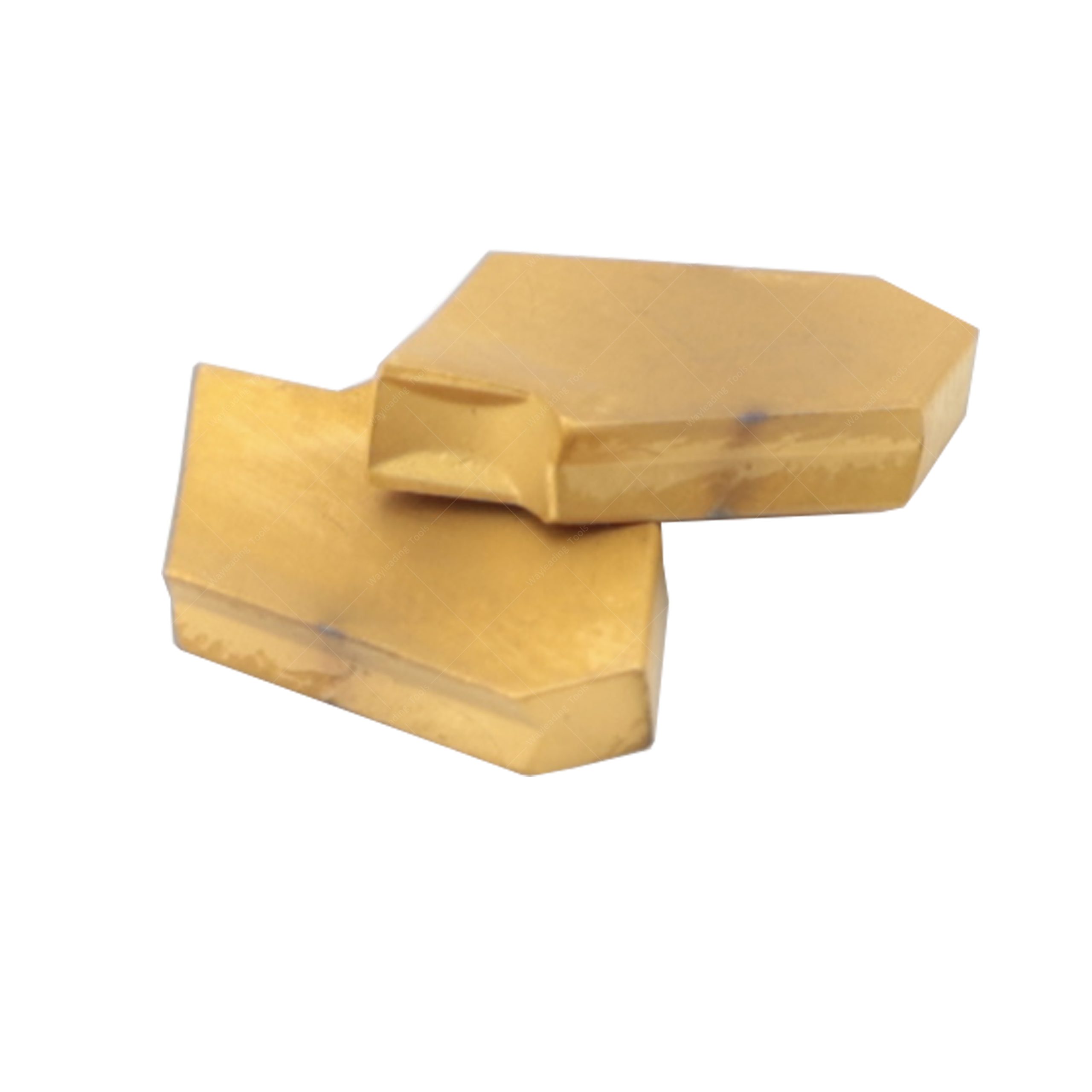 GTN Parting & Grooving Insert For NCIH Blade
GTN Parting & Grooving Insert For NCIH Blade -
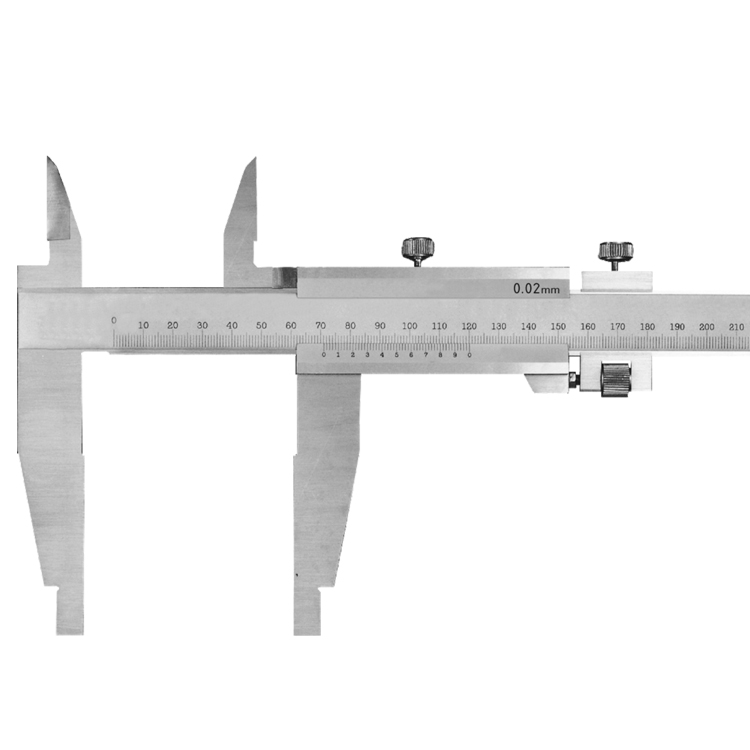 Precision Monoblock Vernier Caliper With Nib Style & Standard Style Jaws Of Metric & Imperial For Industrial
Precision Monoblock Vernier Caliper With Nib Style & Standard Style Jaws Of Metric & Imperial For Industrial -
 Precision Dial Test Indicator Holder For Industrial
Precision Dial Test Indicator Holder For Industrial -
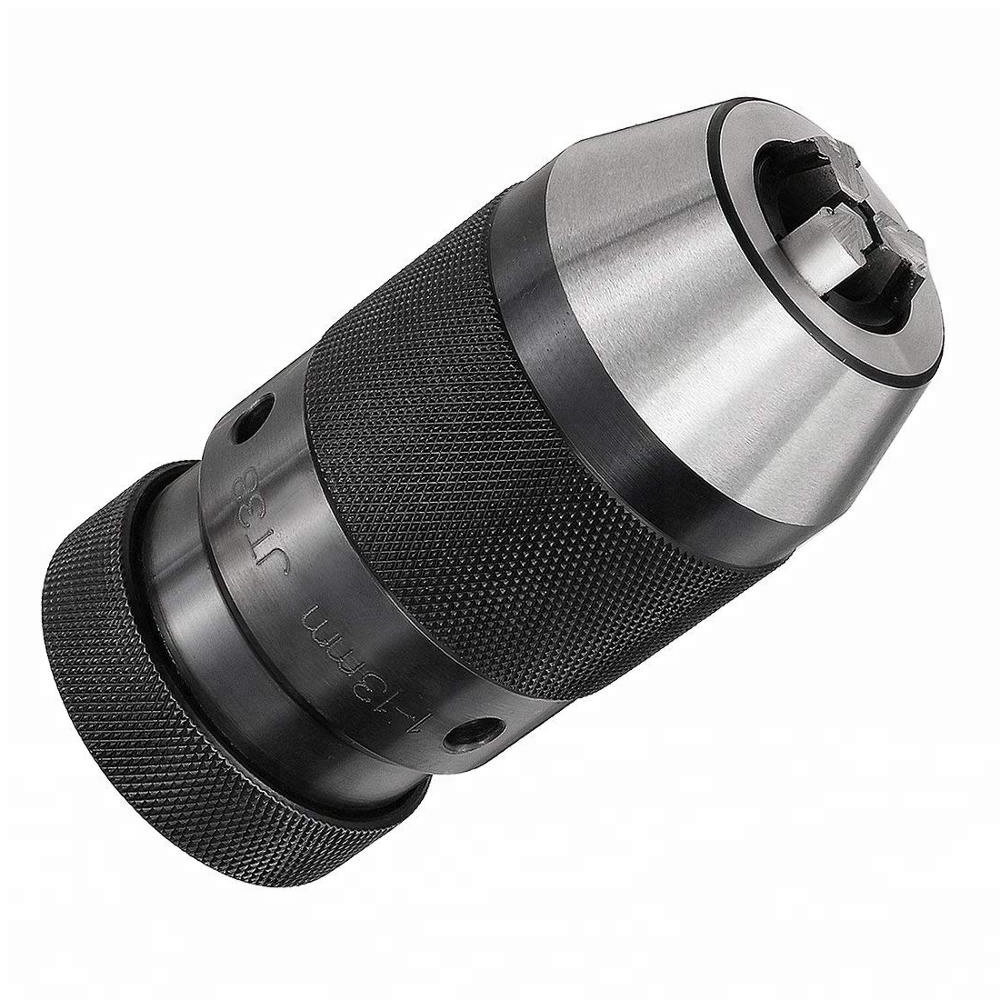 Keyless Drill Chuck With Heavy Duty Type
Keyless Drill Chuck With Heavy Duty Type -
 HSS Inch Taper Shank Twit Drills For Metal Cutting Of High Precision
HSS Inch Taper Shank Twit Drills For Metal Cutting Of High Precision -
 Precision Dial Indicator Gage For Industrial With Jeweled
Precision Dial Indicator Gage For Industrial With Jeweled -
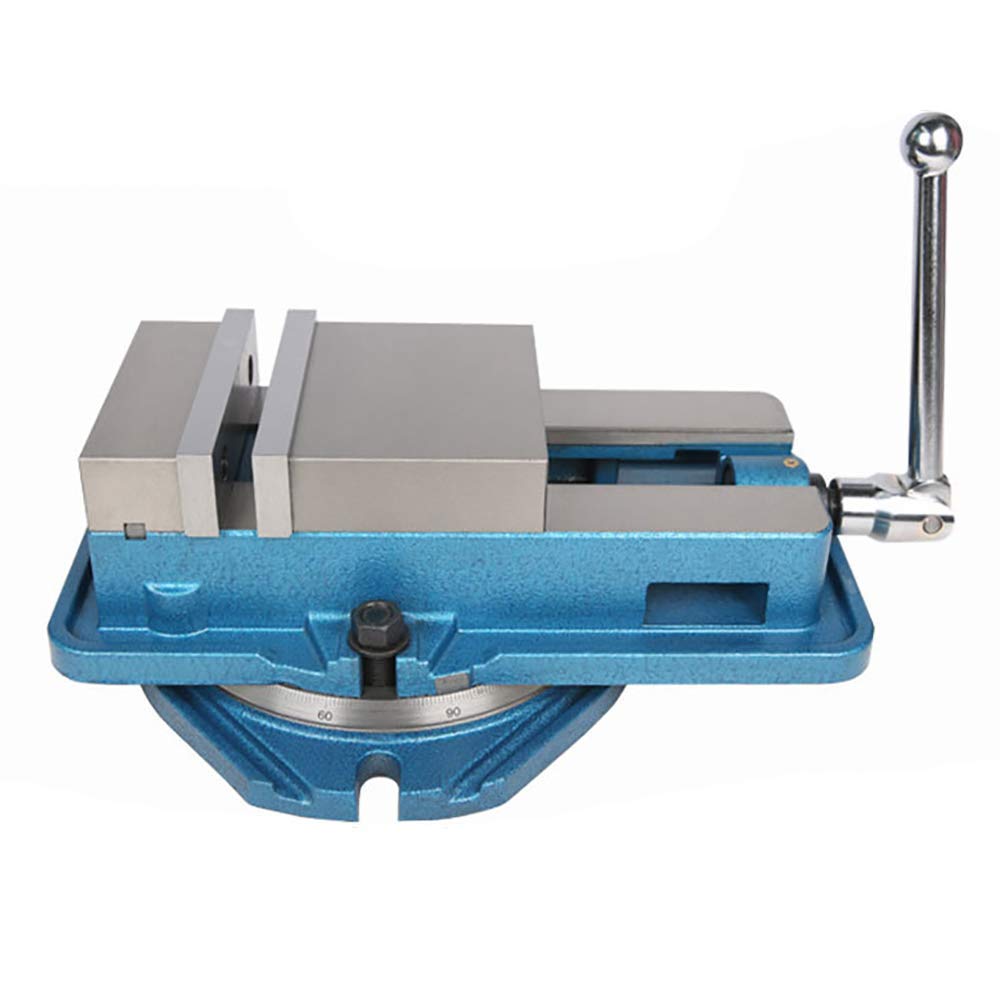 QM ACCU-Lock Precision Machine Vises With Swivel Base
QM ACCU-Lock Precision Machine Vises With Swivel Base -
 Plain Back ER Collet Fixture With Lathe Collet Chuck
Plain Back ER Collet Fixture With Lathe Collet Chuck -
 Type G Arc Pointed Tree Tungsten Carbide Rotary Burr
Type G Arc Pointed Tree Tungsten Carbide Rotary Burr -
 ANSI B94 HSS Jobber Length Drill Bits Fully Ground
ANSI B94 HSS Jobber Length Drill Bits Fully Ground -
 CCMT Turning Insert For Indexable Turning Tool Holder
CCMT Turning Insert For Indexable Turning Tool Holder -
 7pcs Carbide Turning Tool Set With Metric & Inch Size
7pcs Carbide Turning Tool Set With Metric & Inch Size






